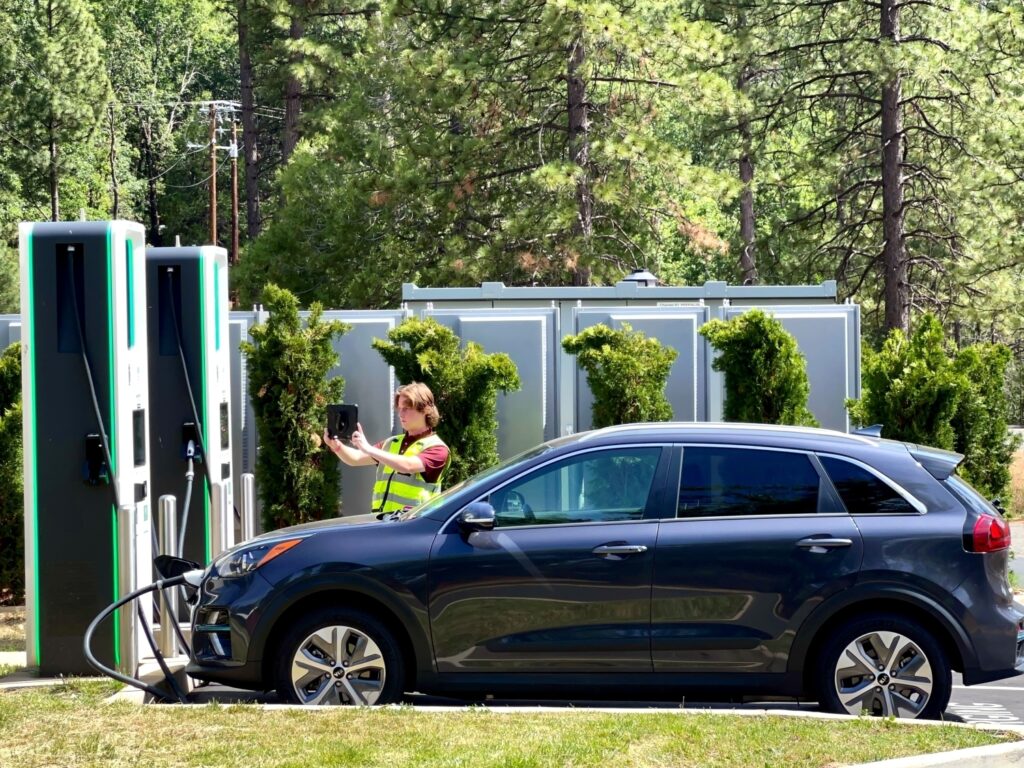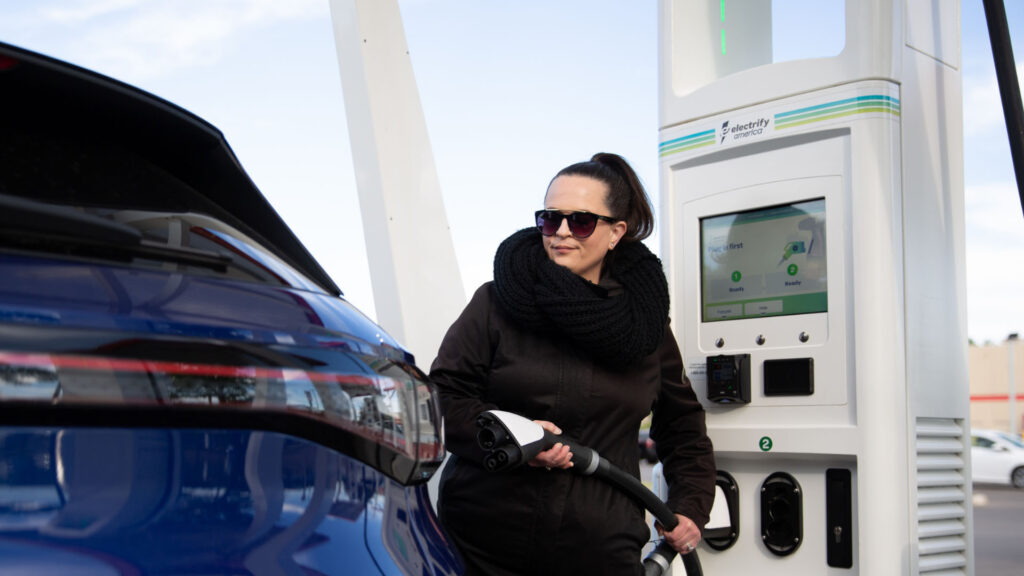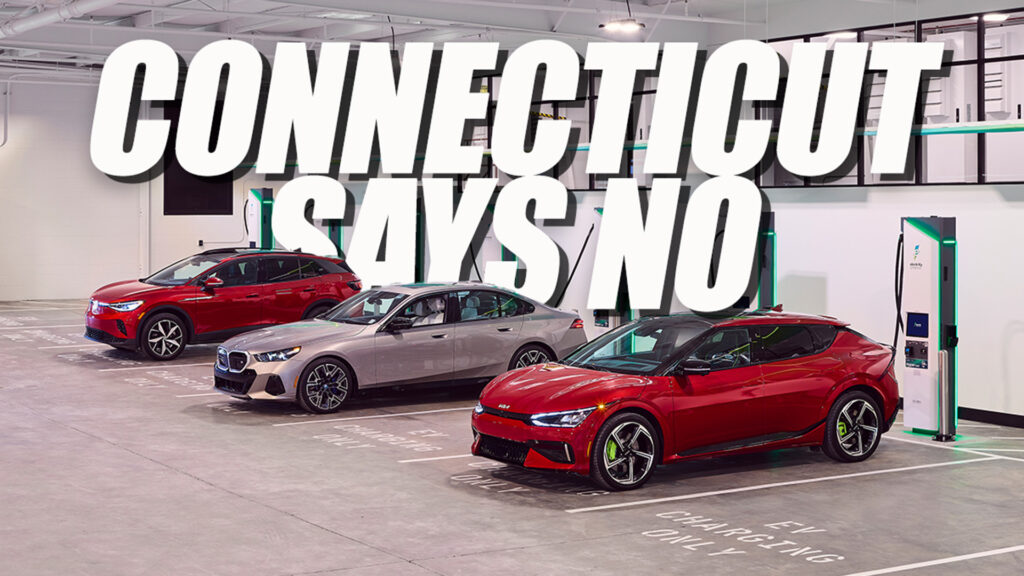- Democrats in Connecticut have abandoned a plan to require all new cars sold in the state to be EVs, ZEVs, or PHEVs by 2035.
- They cite opposition from Republicans and a lack of support from their own party as the reason.
- For now, the state will continue to abide by the regulations set forth by the EPA.
California has long pushed for stricter environmental standards and several states have adopted similar regulations. Now, Connecticut decided not to follow California’s lead when it comes to the sale of internal combustion vehicles after 2035. For the time being, it’ll allow them, and reactions to the news are mixed.
Across the nation, 14 states plus DC have adopted the same standards as California. Those regulations are put forth by the California Air Resources Board and among other goals, they seek to decrease air pollution. One measure employed by CARB is ending the sale of new cars that aren’t EVs, PHEVs, or Zero Emission Vehicles after 2035.
Read: Canada Mulls Tariffs On Chinese-Made EVs, But The Only One You Can Buy Is A Tesla
In theory, that should incentivize both manufacturers and consumers to more quickly lean toward less-polluting cars. When exactly the full transition happens is up for debate though. “To me, we are transitioning to electric vehicles, that’s inevitable, hybrid cars, those things will happen,” said House Speaker Matt Ritter, D-Hartford to CTInsider. “I just can’t tell you the timing of that.”
Part of that prediction difficulty comes from newly relaxed federal standards. “For people that were skeptical that we could meet the harder standard, and then you have the president and the White House saying they cannot meet the lower standard, you can imagine how that caucus would have gone,” Ritter said. “It’s like saying, ‘If we can’t hit the 40 mph fastball, how’re we going to hit the 80 mph fastball?’”

Connecticut is now the second state to follow this course of action after initially pledging to follow California’s lead. Virginia did the same thing earlier this month. “The idea that government should tell people what kind of car they can or can’t purchase is fundamentally wrong,” Virginia’s Republican governor Glenn Youngkin said. At the same time, the transition toward electrified vehicles is all but inevitable now. The question just remains when and how long it’ll take.





